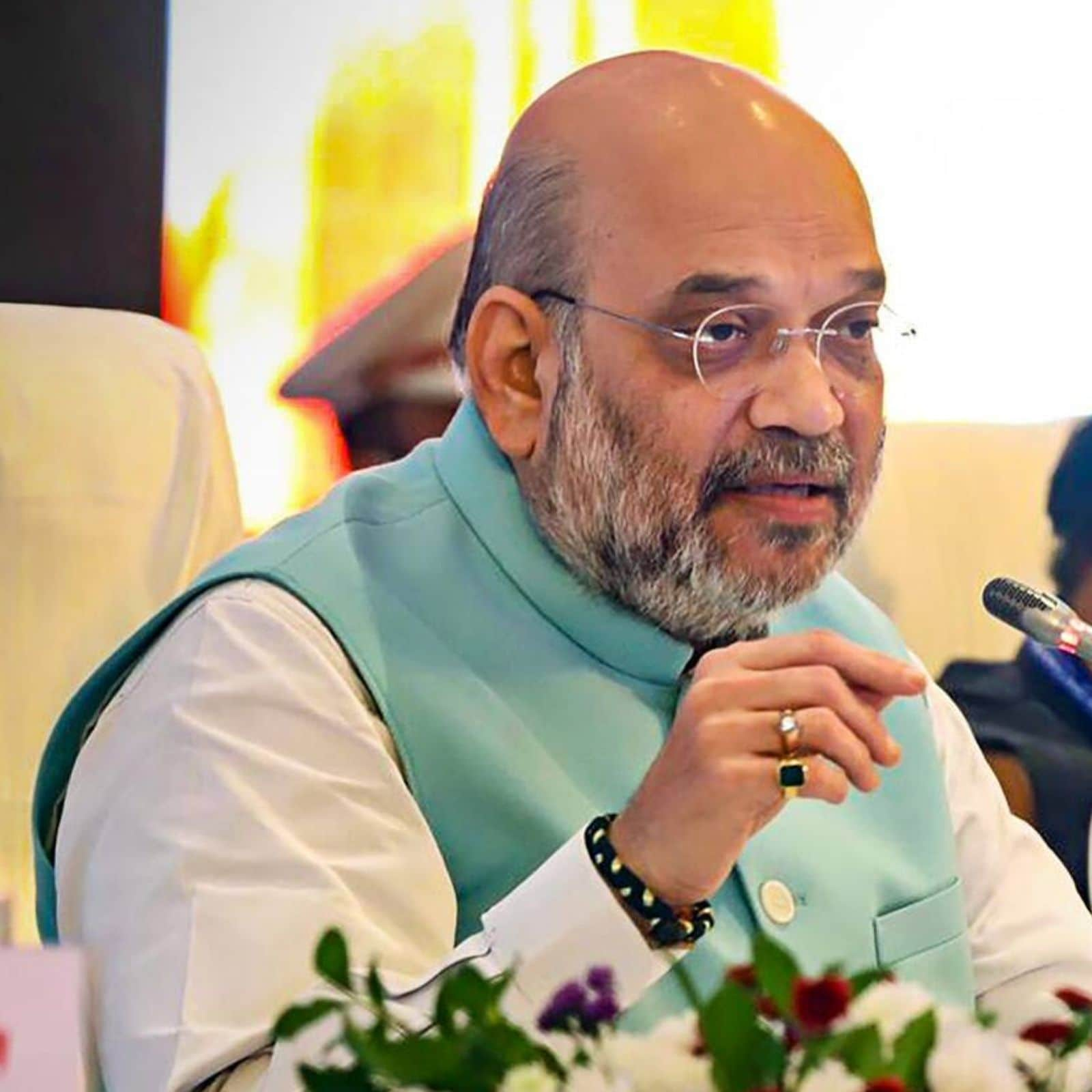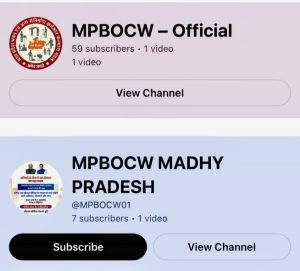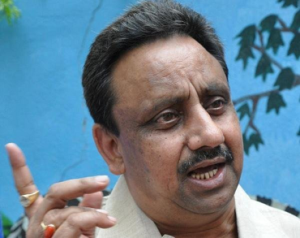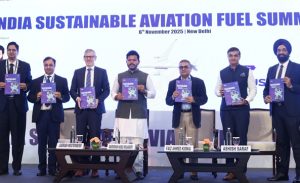New Delhi :-
Prime Minister Shri Narendra Modi has stressed the need to leverage cooperative and competitive federalism to achieve all-round development
Zonal Councils believes that strong states create a strong nation and provide a platform and systematic mechanism for regular dialogue and discussion on issues affecting two or more states or the Center and the States
Over the last 9 years, since 2014, a total of 55 meetings of various Zonal Councils have been held including 29 meetings of Standing Committees and 26 meetings of Zonal Councils
Many issues of national importance are also discussed in every meeting of the Zonal Councils
Union Home Minister and Minister of Cooperation Shri Amit Shah will chair the 26th meeting of the Eastern Zonal Council in Patna, Bihar on Sunday, 10th December 2023. Eastern Zonal Council comprises the states of Bihar, West Bengal, Odisha and Jharkhand.The meeting is being organized by the Inter State Council Secretariat under the Ministry of Home Affairs, Government of India, in collaboration with the Government of Bihar.The 26th meeting of the Eastern Zonal Council will be attended by the Chief Ministers of the member states along with two senior ministers from each state. The Chief Secretaries and other senior officers of the State Governments and senior officers of the Central Government will also participate in the meeting.
Five Zonal Councils were established in the year 1957 under Section 15-22 of the States Reorganization Act, 1956. Union Home Minister is the Chairman of these five Zonal Councils, while the Chief Ministers of the Statesand the Administrator/Lieutenant Governor of the Union Territories from the respective Zonal Council are its members,one of whom is the Vice-Chairman by rotation every year. Two more ministers from each State are nominated by the Governor as members of the council. Each Zonal Council has also constituted a Standing Committee at the level of Chief Secretaries. Chief Minister of Bihar is the Vice Chairman of the 26th meeting of the Eastern Zonal Council.
The issues proposed by the States are first presented for discussion before the Standing Committee of the concerned Zonal Council. Issues which cannot be resolved by mutual consent are presented for discussion in the Zonal Council meeting.
Prime Minister Shri Narendra Modi has stressed the need to leverage cooperative and competitive federalism to achieve all-round development. Zonal Councils believes that strong states create a strong nation and provide a platform and systematic mechanism for regular dialogue and discussion on issues affecting two or more states or the Center and the States. Over the last 9 years, since 2014, a total of 55 meetings of various Zonal Councils have been held including 29 meetings of Standing Committees and 26 meetings of Zonal Councils.
The Zonal Councils play an advisory role, but over the years these councils have emerged as an important mechanism for promoting mutual understanding and cooperation in various fields. In council meetings many important decisions such as minimum support price of Kodo, Kutki and other minor millets crops at par with Ragi, release of National Framework for Sediment Management in 2022 by the Ministry of Jal Shakti under the Comprehensive Silt Management Policy, decision by the State Level Technical Committeeto decide the scale of finance for lac cultivation and to include lac cultivation in Kisan Credit Card from 2022-23. The Zonal Councils discuss a wide range of issues including mining, central financial assistance on certain items, creation of infrastructure, land acquisition and land transfer, water sharing, implementation of Direct Benefit Transfer Scheme (DBT), state reorganization and other matters of common interest at the regional level.
Many issues of national importance are also discussed in every meeting of the Zonal Councils. These include operationalization of Fast Track Special Courts (FSTC) for speedy investigation and speedy disposal of rape cases against women and children, facility of banks/India Post Payment Bank branches within 5 km of every village, formation of two lakh new Primary Agricultural Credit Societies (PACSs) in the country, eliminating malnutrition among children through nutrition campaign, reducing the drop-out rate of school children, participation of government hospitals in Ayushman Bharat-Pradhan Mantri Jan ArogyaYojanaand other issues of common interest at the national level.
*****



